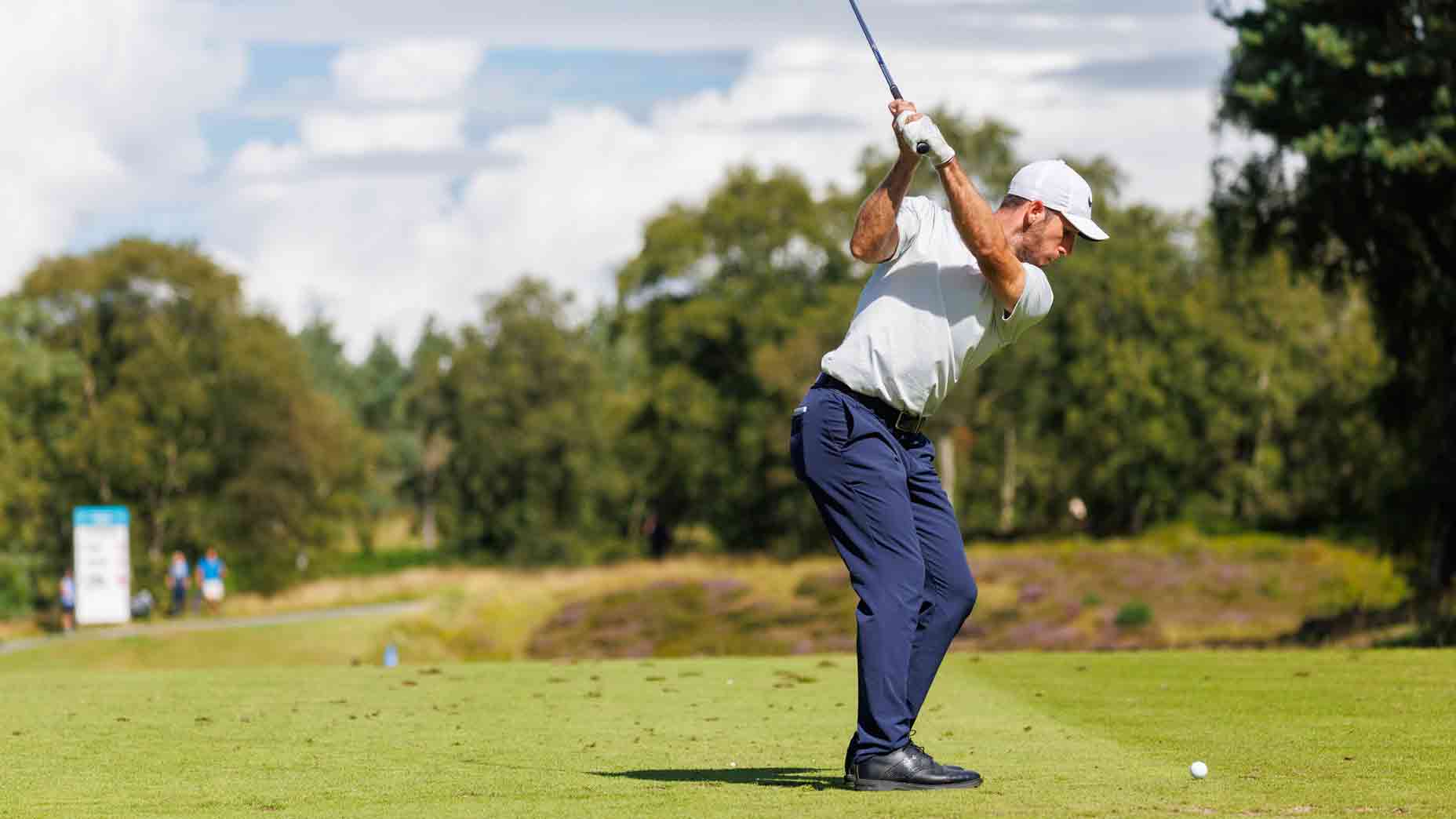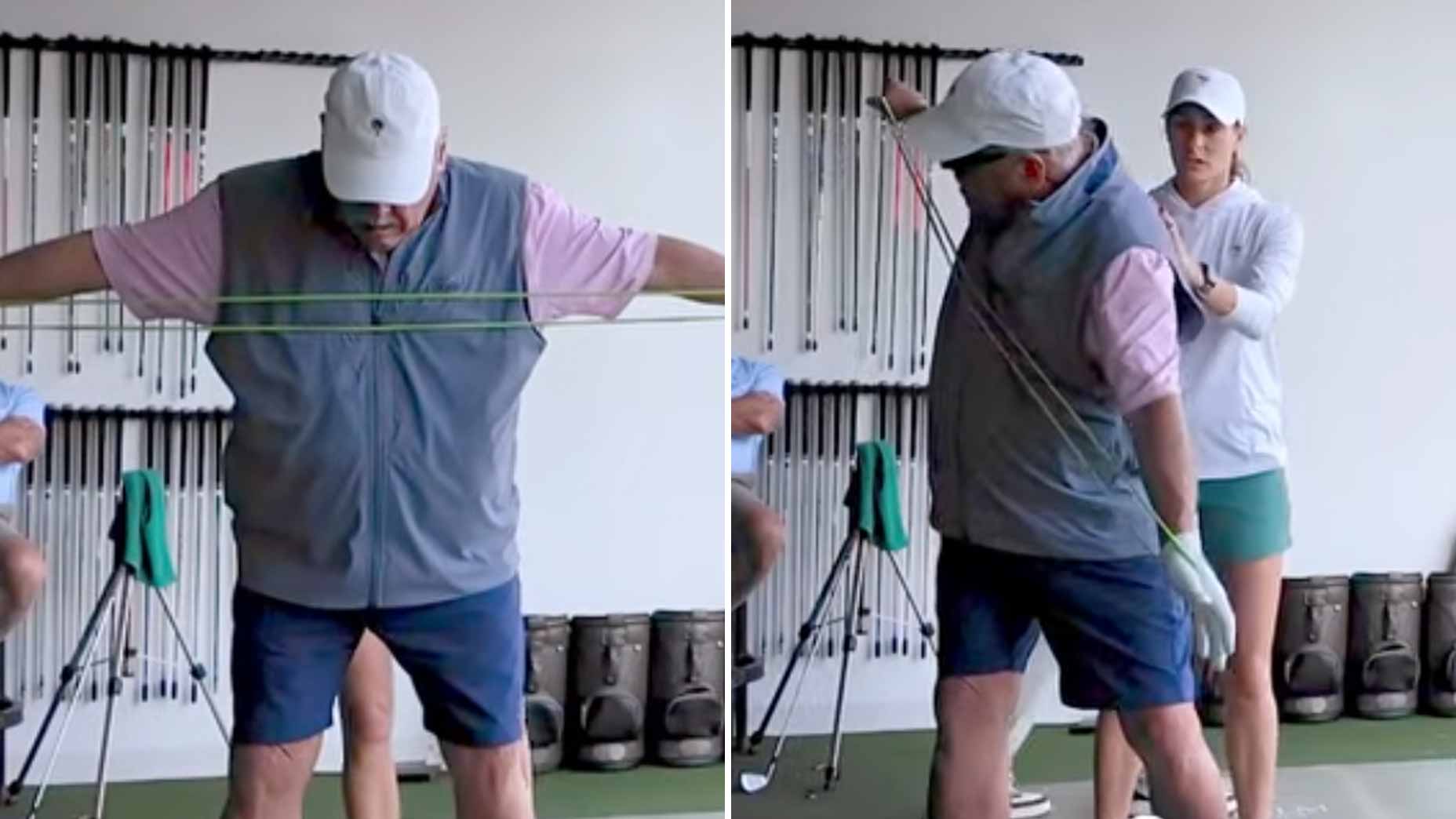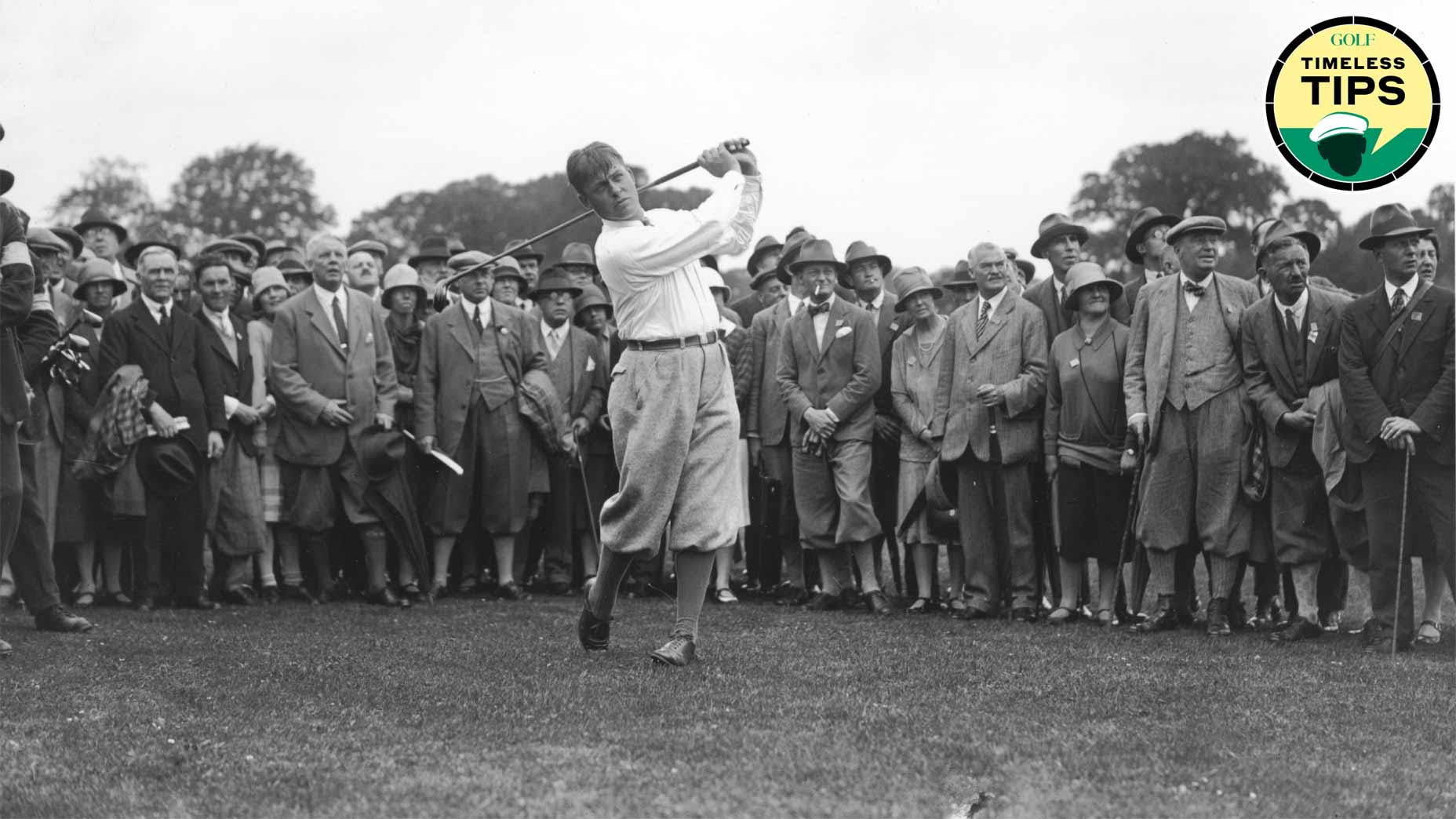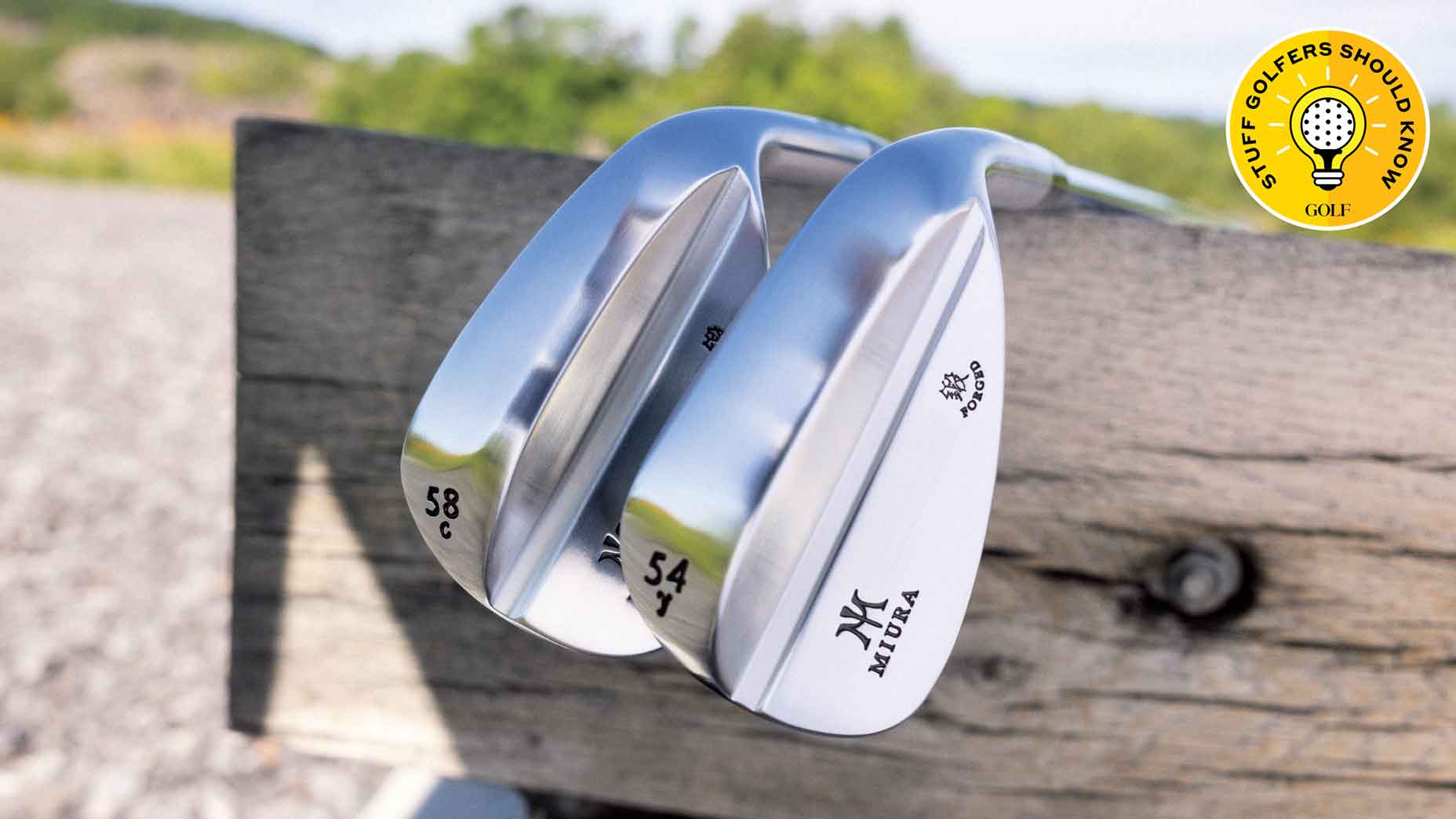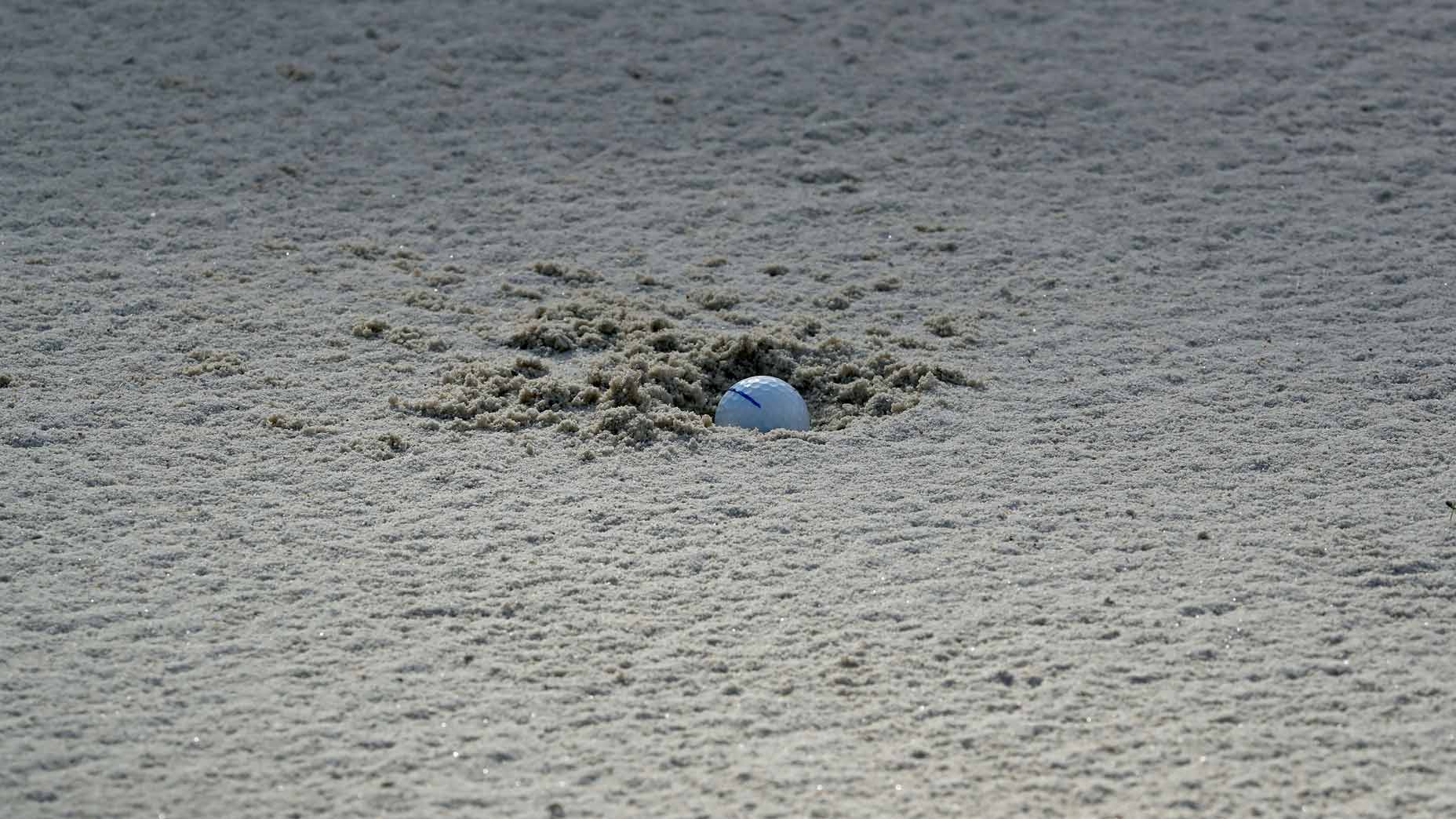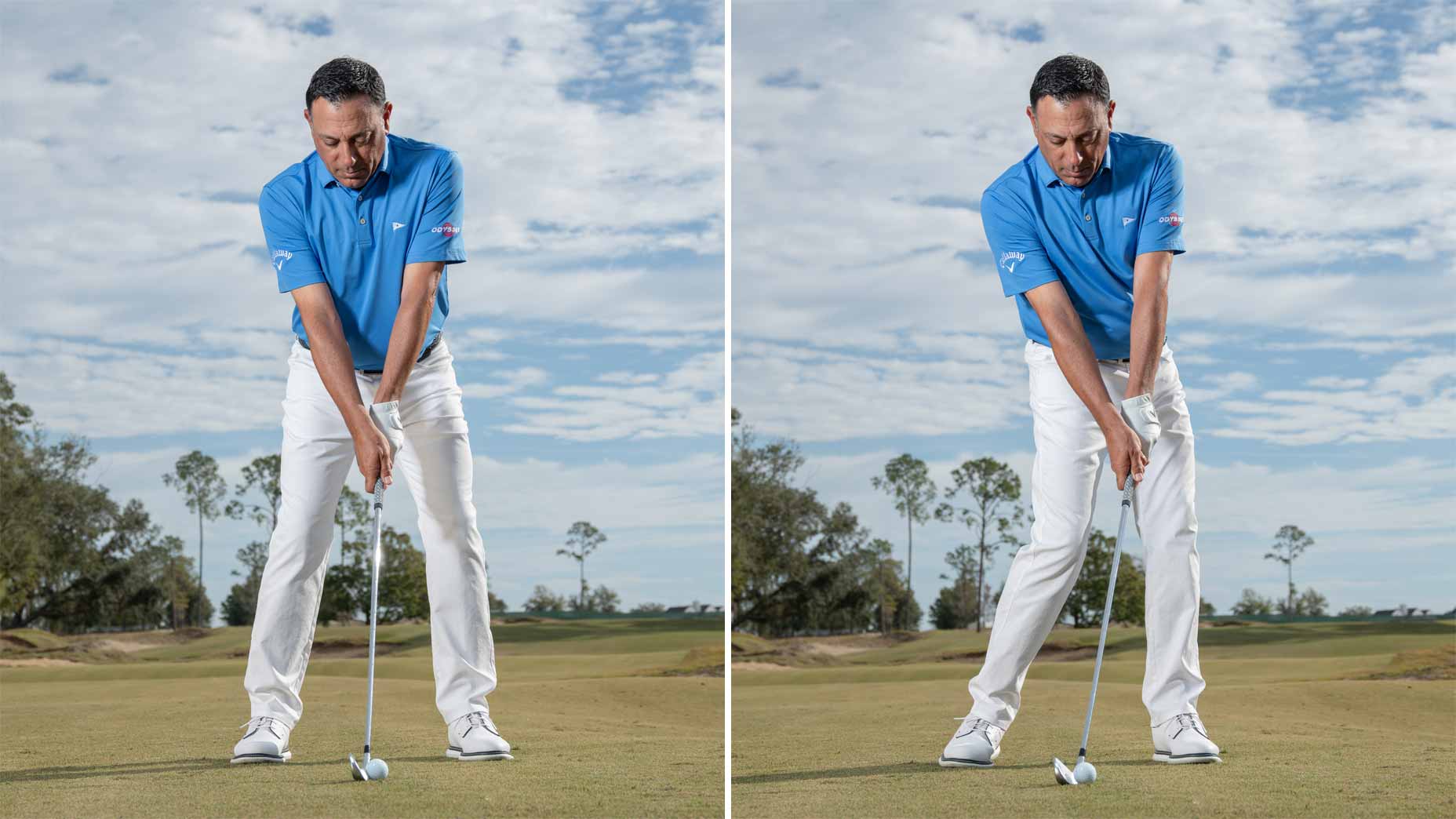While playing par-3s can be fun, they also present a serious challenge if you’re not correctly prepared.
Sure, the holes are shorter than others on the golf course, but any lack of focus can quickly add strokes to your scorecard — and you won’t want to look back after a round and regret a simple lapse of judgment.
In my opinion, par-3s are a chance to build your confidence and lower your scores, so here are some tips on how to master these short (but tricky) holes.
Do these 10 things to master par-3s
From proper club selection to dialing in your aim and alignment, par-3s require lots of focus.
By following my tips below, you’ll put yourself in the best position to hit more greens in regulation from these shorter holes, allowing for more opportunities to shoot low.
1. Most golfers can get on or around the green on first shot
Part of what makes par-3s so fun is that many golfers can reach the green on their first shot. Other, longer holes don’t provide this type of opportunity, so it’s a chance to build your confidence on these shorter holes.
By approaching a par-3 with the right attitude and plan of attack, you can be aggressive and aim to shoot low.
2. Tee placement matters
Don’t overlook how important tee placement is on a par-3 hole. Where you place your tee in the ground can make a big difference in outcome, as you get to choose what angles you want to take to the pin. This helps avoid any hazards and can help you navigate difficult locations around the green.
Never just randomly place your tee into the ground. Instead, seek an angle that helps avoid a trickier shot for yourself — like hitting over bunkers. This can make all the difference in scoring par versus bogeying the hole.
3. Break the tee
Some players avoid using tees on par-3s, but why?
In my opinion, if you’re able to tee it up, always use that to your advantage — as doing so helps provide some forgiveness from topping the ball.
With the exception of a driver, when you tee off on a par-3, you should not only hit the tee, but break it in half. When you break the tee, you’re truly getting the club down to the ground enough to take advantage of the full loft of your club.
4. Avoid the no-go zones
Course management on par-3s is really important, as this goes a long way in eliminating high scores. So always have a plan of attack before teeing your ball up.
Where do you want the ball to land? How can you master distance control? What areas are absolute no-go zones?
By determining answers to these questions ahead of time, you can stay aggressive without being careless with your tee shot.
5. Consider the wind
Always monitor any weather conditions prior to your golf shot.
If you can aim into the wind on a par-3, the ball will generally curve less. For example, if the wind is from right to left, I’d suggest teeing off on the left side of the tee box and aiming right. This way, you’re aiming into the wind.
6. Plan your best location
Knowing the tilt of the green and how much the ball will roll is a great advantage when playing par-3s. While some greens are obvious, others may be less visible from the tee box.
That’s why I like using the Golflogix GPS app, which has something called Approach Mode that displays the contours of the green — which can help you plan your best landing spot.
7. Excel at lag putting
Being a great lag putter is really important when you’re looking to lower your scores on par-3s. If you can hit the green with your tee shot, then you can just roll your first putt close enough to tap in for par.
But dialing in distance control requires reasonable technique and a bit of practice.
One of my favorite drills is a 3-foot increment drill, where you place balls at 3 feet, 6 feet, 9 feet, 12 feet and so on.
Start with the short putt and work your way back, attempting to roll the ball close to the hole as the size of your stroke increases. This drill will train you to change your stroke size and control each distance, helping you roll your first putt as close as possible.
8. Knowing your club yardages a must
Knowing the distances of each club in your bag, especially carry distances, is particularly important on par-3s.
I suggest practicing to different targets next time you’re on the range. This will help provide some feedback, while also giving you a chance to create your own yardage chart.
9. Use clubs that match the course layout
Some par-3 greens are easier to hit than others, so make sure you have the right clubs in your bag for whatever the course layout is.
For instance, small or elevated greens may require higher-lofted clubs, whereas larger green-landing areas allow you to use a range of club options. I have plenty of students who often add a more lofted hybrid or fairway wood for particular par-3 holes on a course.
10. Play par-3 courses
More and more par-3 courses are popping up everywhere — and it’s a trend that many players should take advantage of! Not only are these shorter courses fun, but they also require less of a time commitment to sneak in a round.
Another advantage is that you’ll get to practice hitting all different club types in a game environment versus only hitting on the range.
So find a nearby par-3 and work on your game in a unique way that’s different from playing a full, longer golf course.
For more golf tips, head over to my Instagram account.
